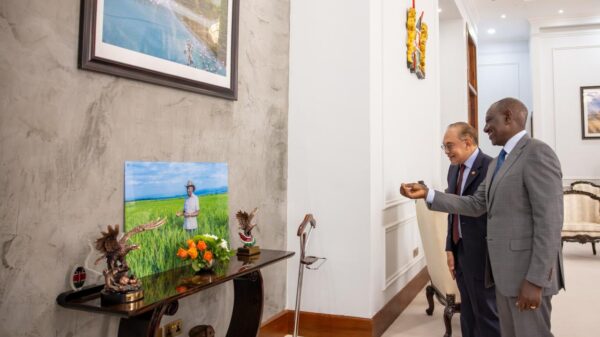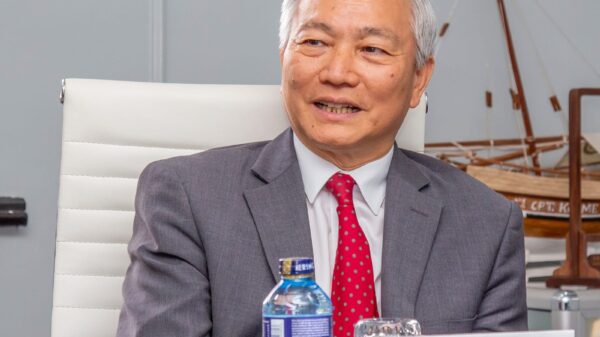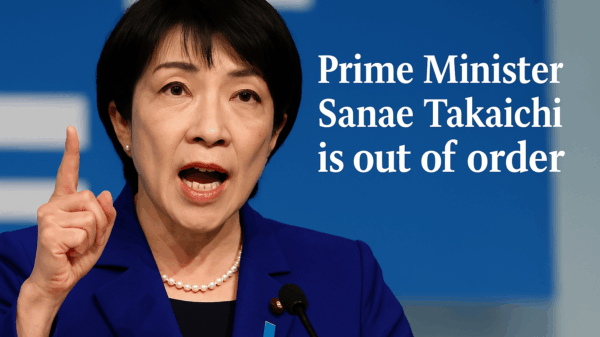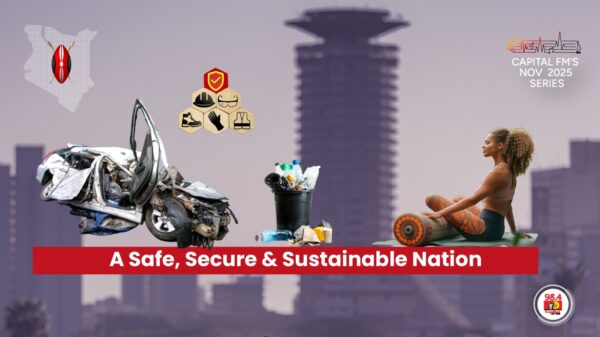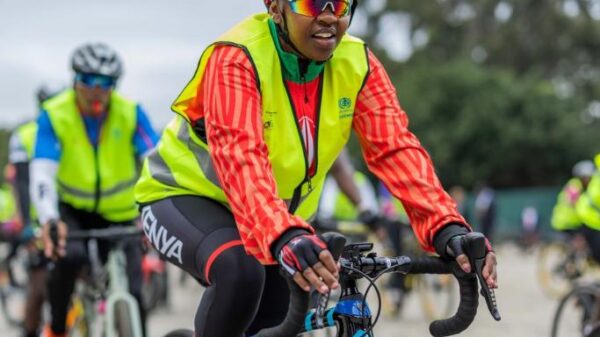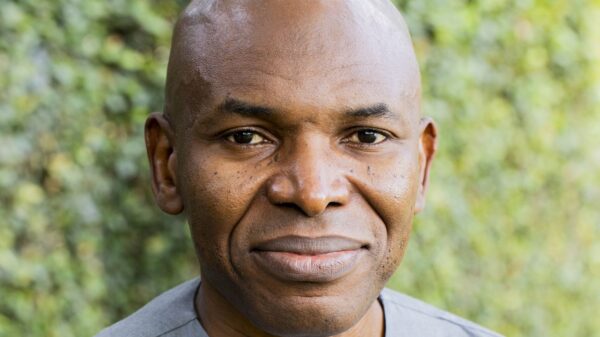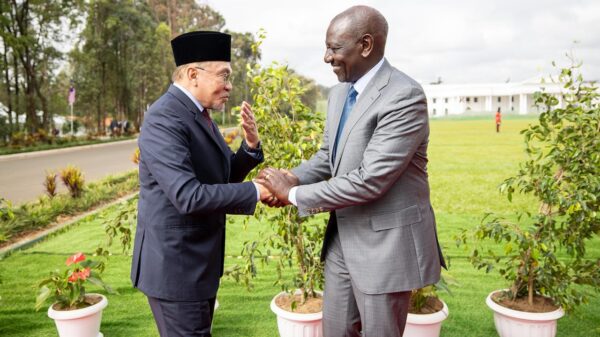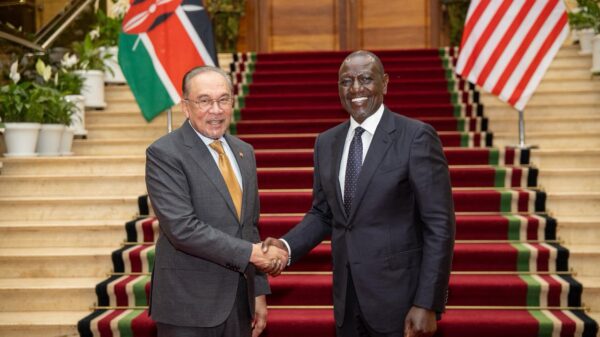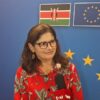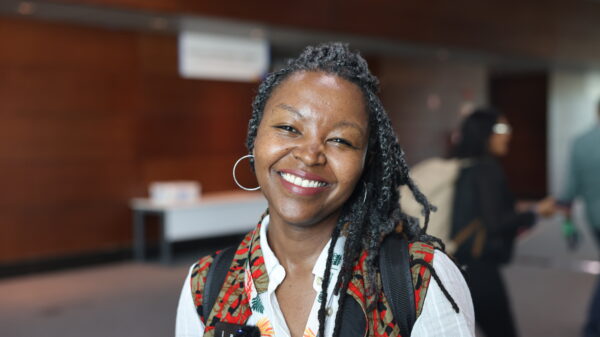BELEM, Brazil, Nov 24 — The COP30 climate conference in Belém, Brazil, has concluded with a strong message from the global community: climate cooperation is delivering real results, with measurable benefits for people across Africa and other vulnerable regions.
A total of 194 countries affirmed that the Paris Agreement is working, and committed to accelerating global action and ambition.
United Nations Climate Change Executive Secretary Simon Stiell said the world had reached an important turning point.
“We see progress in a new agreement on just transition, signalling that building climate resilience and the clean economy must also be fair, with every nation and every person able to share in its vast benefits,” he said.
“For the first time, 194 nations said in unison that the global transition to low greenhouse gas emissions and climate-resilience is irreversible and the trend of the future.”
Ethiopia Endorsed to Host COP32 in 2027
COP30 also delivered a major diplomatic victory for Africa after 194 nations unanimously endorsed Ethiopia’s bid to host COP32 in 2027.
The decision followed swift support from the African Group of Negotiators, whose turn it is to determine the continent’s host for the next African COP.
Stiell welcomed the move:
“I warmly congratulate Ethiopia for stepping up to take this vital role on the world stage, building on its climate leadership to date, and I commend the Africa Group for reaching agreement inclusively and swiftly.”
He added that the decision reflects Africa’s rising influence in global climate leadership and its role in shaping solutions that drive green growth, jobs, resilience and access to clean, affordable energy.
Historic Breakthrough on Adaptation Finance
A landmark outcome from Belém was the global commitment to work toward tripling adaptation finance — a major priority for climate-vulnerable nations, especially in Africa.
Tripling adaptation finance will support countries to:
- expand climate-resilient agriculture,
- protect communities from floods and droughts,
- strengthen early warning and response systems, and
- fund local development plans anchored in national priorities.
For many African countries, predictable adaptation finance is critical for safeguarding lives, food systems, infrastructure and long-term economic stability.
COP30 also agreed on a new set of indicators to help track global and national adaptation efforts.
COP30 Action Agenda: Key Outcomes
The Brazilian Presidency and the UN used the COP30 Action Agenda to push for real-economy progress. Major achievements include:
- A trillion-dollar global pipeline for clean energy grids and energy storage, helping countries transition to reliable, affordable power.
- USD 5.5 billion in new commitments for the Tropical Forests Forever Facility, with at least 20% directed to Indigenous Peoples and local communities.
- Over USD 9 billion in new investments in land restoration and food systems, covering more than 210 million hectares and benefiting millions of farmers.
- 438 million people globally are now on a path toward improved resilience under the Race to Resilience campaign.

